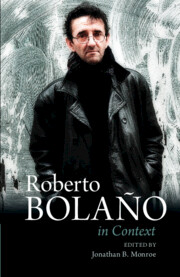Focusing on Swedish home care for older people, this article explores the discursive (re)production of home care as an institution. Equality and universal service provision have been described as defining features of the Nordic care regime. At the same time, Nordic research has highlighted a shift in social care policy, from a focus on universalism and egalitarian ideals towards a focus on freedom of choice, diversity and individualised services. This article takes as a starting point that home care for older people is formed by different and potentially conflicting ideas. We understand home care as a contested formation and define institutional change in terms of ongoing discursive struggles. The analysis draws on qualitative semi-structured interviews with key informants, including politicians, local authority officials and representatives of interest organisations. Informants were engaged in policy making, implementation or advocacy related to care for older people. We examine the meanings attached to home care for older people and the analysis reveals three different discourses – on choice, needs and equality. By comparing and contrasting discourses, we reveal silences, conflicts and tensions, and highlight the politics involved in (re)creating home care as an institution.
